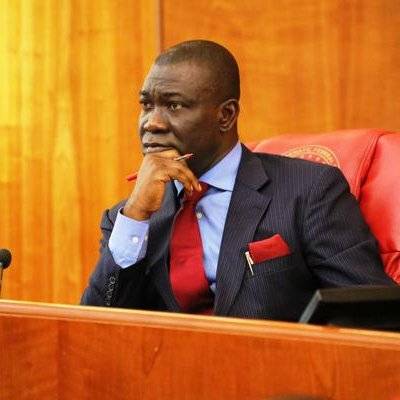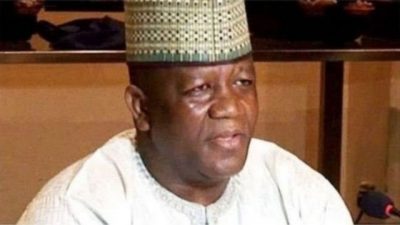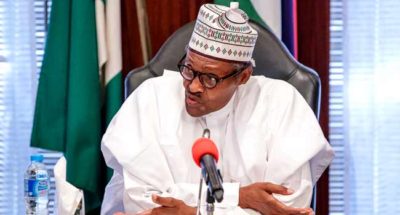The quest by the National Assembly to rework the Electoral Act Amendment Bill 2010 (otherwise referred to as Election Sequence/Reordering Bill) suffered a setback on the floor of the Senate on Wednesday as lawmakers became sharply divided on the legality of the amendment.
Ike Ekweremadu, the Deputy Senate President, urged caution on the part of his colleagues in order not to kill other important aspects of the amendments.
Recall that the amendment bill was recently denied assent by President Muhammadu Buhari who cited inconsistencies with the constitution. But the Senate leadership, rather than look into the issues raised, vowed to overrule the President on the election sequence order.
The bill, which was reintroduced by the Chairman, Senate Committee on INEC and Electoral Matters, Senator Sulaiman Nazif (APC, Bauchi), was brought up on Wednesday for debate on its general principles.
But while debating the general principles of the bill, majority of senators who spoke called for an outright rejection of the amendment.
They noted that changing the sequence of elections would not only serve as a slight on the constitutional role of INEC, but would also place an additional financial burden on the Federal Government in the organisation and management of elections.
Senator Kabiru Garba Marafa (APC, Zamfara Central), spoke in opposition to the bill.
He said: “I stand to oppose this bill. Number one, I believe it’s unconstitutional, because the constitution is very clear on the role of INEC.
“After all said and done in this chamber, INEC will go to court and the court will invalidate our effort.
“If there’s anything that the Senate will do to live above board, I would suggest, it is to collapse all the elections into a single day. That will save us costs.”
Senator Dino Melaye (APC, Kogi West) disagreed with Marafa. He argued that Marafa goofed by suggesting that sequencing elections was unconstitutional.
“Won’t holding all elections in one day also be unconstitutional?” Melaye asked.
He said there was a sharp difference between election date and election sequence.
According to him, while the constitution empowers INEC to determine election dates, the constitution also empowers the National Assembly to determine the sequence via the provisions of the Electoral Act.
However, the Senate Minority Leader, Godswill Akpabio (Akwa Ibom, Central), opposed the idea of changing the sequence of elections.
“As a Senate, we cannot approbate and reprobate,” he said.
Akpabio added that the sequence as contained in the bill being debated had taken the Senate back several steps.
He stressed that senators should be honourable people who would stand by their position whenever they take one and, as such, he said he could not support the bill.
Akpabio’s position was informed by the realisation that the version of the bill being presented for debate was different from the one returned by President Buhari following denial of assent.
Senate Majority Whip, Olushola Adeyeye (APC, Osun), also opposed the bill, saying the issue of election sequence could not be trivialised on the altar of semantics.
He said since the constitution empowered INEC to fix election dates, there could be no sequence without dates, and as such, the sequence could not be changed without INEC deciding it.
However, DSP, Ike Ekweremadu, offered an intervention.
He said: “The president returned the bill with a number of observations which include the lack of constitutional basis for us to legislate for State Electoral Commissions, which is in order.
“Another one was the powers of INEC as contained in the Constitution, but I don’t want to go into the legality of these issues.
“On the other hand, we cannot on the basis of the observations made by the president say that the entire bill should be thrown away.
“That was the fate we suffered in previous constitution amendment exercises where many vital clauses had to die on the basis of certain unwanted provisions.
“However, the President’s observations do not say that the bill we passed was invalid, and that is why we have to clean up the first bill and take care of the areas the President objected to, so that we can pass it quickly and send it to the president and then we make progress.”
Further debate on the bill was, therefore, stood down for another legislative day.




